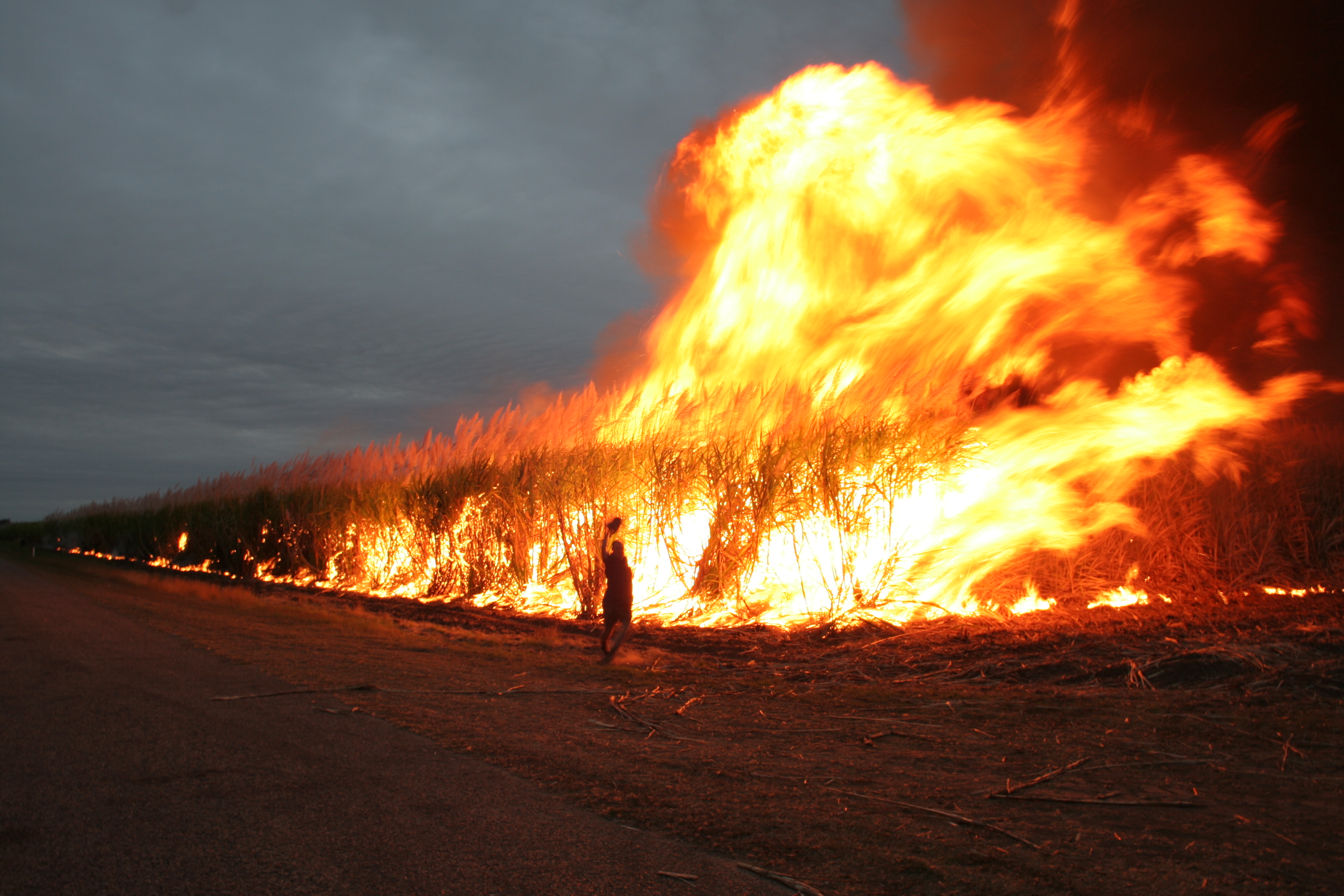
After another tumultuous year in which we saw increasingly severe weather events and natural disasters, there’s only one thing we can be certain of; it’s going to get worse.
In Australia fires stretch the near entirety of the coastline, tens of metres toward the sky; the most severe the country’s ever seen. The scale is unprecedented, the impact unimaginable. It’s inevitable that billions of animals will be lost, entire ecosystems scorched and hundreds of people will die. For the survivors, hundreds of thousands will lose their livelihoods, their homes and their memories.
Events like this are set to become the new normal. Temperatures will continue to rise as the world collectively fails to have the imagination, political will and resource allocation required to deal with the climate emergency. Meanwhile, Australia’s Pacific neighbours are suffering severe flooding, with parts of Indonesia experiencing the worst deluge of rain in a decade. Last week, it was confirmed by scientists that the 2010s were the hottest yet in 150 years of measurements.
But there is hope. At the same time that the climate is becoming increasingly unstable, millions of people are mobilising. All over the world, protestors are taking to the streets, children are skipping school, ambitious policies are being presented, grassroots movements are being formed and strengthened, and all to send one simple message: business as usual is no longer acceptable. It’s likely that this level of public outrage will only increase, just like the temperature.
As a result, government reactions to the crises will likely be under intense public scrutiny. Such is the case in Australia, where the government has been left with no other option than to implement a military intervention in what’s been described as the country’s largest mobilisation since World War II. In the climate sector, we also talk about the “war-effort”. Only, we use it to reference the level of effort required to ensure that, by decarbonising our economies at speed and scale, such military interventions are not needed in the first place.
And it’s this proportionate, preventative response that leaders and movements should be pressuring governments to consider, for the sake of the economy, our lives and our futures.
The reality seems to be that governments will spend and deploy when their countries are burning or flooding, but won’t invest now to prevent it from happening in the first place. Now that we are seeing the true costs of not tackling climate change, it is vital that we fight for this level of response in advance, before it’s too late.
The UK Green party and several of the UK Labour leadership candidates, along with Alexandria Ocasio-Cortez and Bernie Sanders, have all called for different versions of a war-time effort. One of these versions is the ‘Green New Deal’, a rapid ten year mobilisation of a country’s resources to achieve zero carbon emissions.
It’s the kind of programme that would deal with the climate crisis (if enacted everywhere) and bring everyone along in the transition. It’s a programme which would create jobs in regions that need them most through mass employment in renewable technologies, retro-fitting houses, building better, cheaper, sustainable public transport options and paying people properly for the low-carbon jobs which need doing, such as care work.
The Green New Deal is fundamentally hopeful, but not naively so – recent history backs it up. Think of the Marshall Plan that followed World War II, which saw the US provide billions of dollars to rebuild Europe and ensure its energy supply. This time round we would need to invest not in an economy based on fossil fuels but a regenerative economy that works for both people and planet. Instead of protecting extractivism, a Green New Deal would ensure that a bottom up economic regeneration was at the forefront of our switch to a low carbon economy.
Clearly, this would require a huge buy-in from the public, as well as a movement powerful enough to ensure the plan is fair and just to all communities, particularly those most heavily impacted by economic inequality and climate injustice. It is therefore crucial that we galvanise support and build a mandate within communities for an intervention of this scale.
Australian prime minister Scott Morrison is now seeing what it looks like when you ignore the scale of the climate crisis. The man who once proudly produced a lump of coal with a flourish in parliament while accusing his opponents of “coalophobia”, is seeing reflected back at him, in the grief-stricken faces of his constituents, a new Australia. One that won’t settle for military intervention when it’s already too late; one that is vowing to never again elect a leader who would rather let the land scorch and homes burn than take the fossil fuel industry to task.
The climate disaster will soon start to claim the careers of such world leaders. Along with the corporations profiting from the chaos, they are the ones who will be blamed for not taking the action that is so urgently needed. There is still time for leaders to be proactive, to step up and mobilise their countries. There is still time for a Green New Deal.
Hannah Martin is an organiser and campaigner. She is the co-executive director of Green New Deal UK.